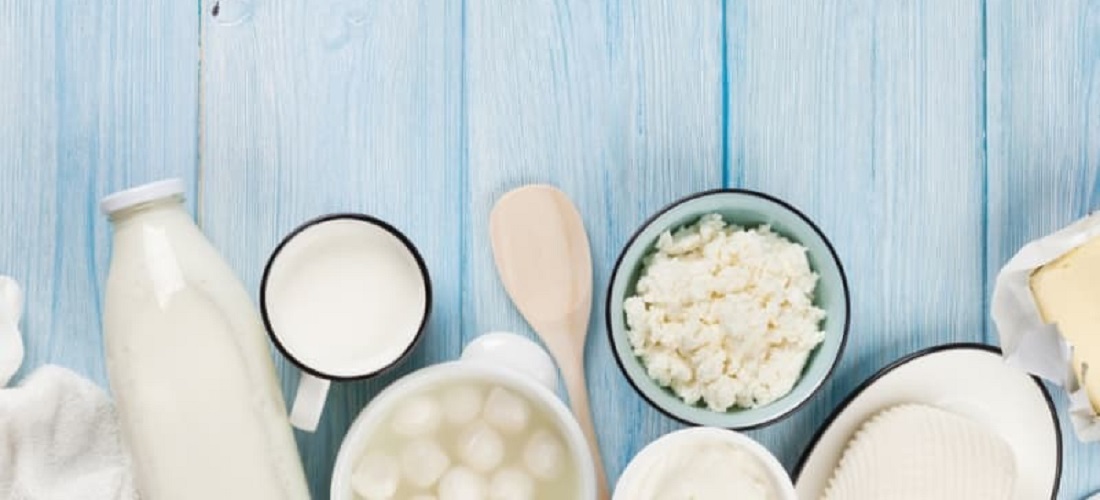
Brazilian Dairy Imports Drop 25.19% in August; Exports Plunge 57.14%
Sep, 25, 2024 Posted by Gabriel MalheirosWeek 202438
Brazil’s dairy imports fell by 25.19% in August compared to July and 4.6% compared to the same period last year. Exports saw a sharp decline of 57.14% on a monthly basis and 29% annually.
The data, provided by the Secretariat of Foreign Trade (Secex) and analyzed by the Center for Advanced Studies in Applied Economics (Cepea), highlighted a significant trade deficit in dairy volume. The deficit decreased by 23.9% from July to August, amounting to approximately 183.6 million liters in milk equivalent, leading to a negative balance of USD 81 million.
Dairy Imports
In August, Brazil imported 187.8 million liters in milk equivalent. Powdered milk imports saw the steepest decline, dropping by 30.8% compared to July, and now account for 69.8% of total dairy purchases.
The volume of powdered milk imported specifically from Argentina and Uruguay stood at around 120.9 million liters in milk equivalent, a 30% drop compared to July. With reduced market supply, the average price of imported powdered milk rose by 6% during the same period, reaching USD 3.49 per kilogram.
Exports
Brazil exported approximately 4.2 million liters in milk equivalent in August. The drop was mainly driven by a reduction in powdered milk shipments, which reached only 100,000 liters in milk equivalent, a staggering 98% decrease from July.
This decline was largely due to the halt in purchases from Cuba. In July, Cuba imported 5.2 million liters of milk equivalent from Brazil. The average price of exported powdered milk increased by 12% from July to August, reaching USD 10.00 per kilogram.
Milk Production in Brazil
The anticipated recovery in milk production, forecasted at the beginning of August, did not materialize, mainly due to excessive rains and flooding in Rio Grande do Sul in May. These events limited supply growth between July and August.
Additionally, the dry season in the Southeast and Midwest regions intensified with rising temperatures in August. Wildfires in September further worsened the situation, affecting animal welfare and forage production, which in turn raised production costs and constrained supply.
Since production did not recover as expected, dairy industry stocks were not replenished as anticipated. Meanwhile, consumer demand has remained steady, and dairy inventories are now below normal levels, which could drive up prices in September.
A Cepea study, supported by the Brazilian Cooperative Organization (OCB), indicated that despite declines in UHT milk and powdered milk prices in August, mozzarella prices increased due to lower stocks. The stock reduction was further impacted by the aforementioned drop in imports.
Source: Agro 2
Click here to access the original news reporting: https://agro2.com.br/economia/importacoes-lacteos-brasil-exportacoes/
-
Trade Regulations
Apr, 07, 2022
0
Brazil is negotiating with the US more access to Iranian fertilizers, announced Brazil’s foreign minister
-
Meat
Jul, 30, 2024
0
Beef exports from Argentina up 11% from prior June
-
Meat
Nov, 13, 2020
0
Chinese city of Wuhan detects Covid-19 in batch of frozen Brazilian beef
-
Ports and Terminals
Jul, 30, 2024
0
Santa Catarina’s Port Terminals Expand to Meet Soaring Demand



